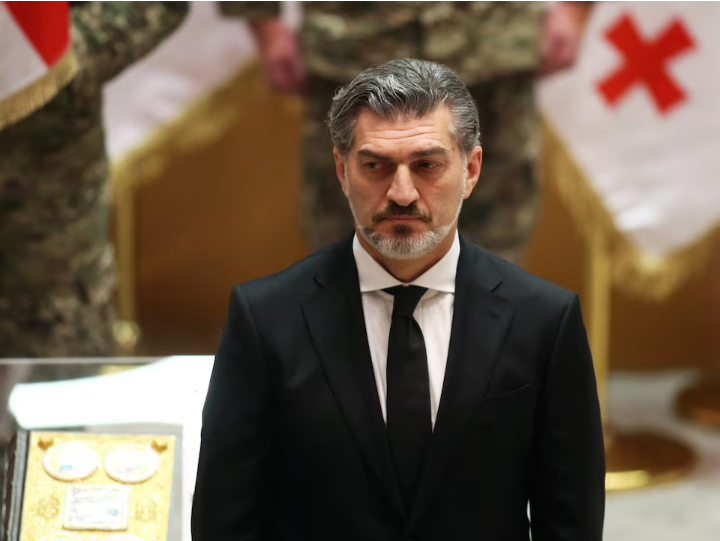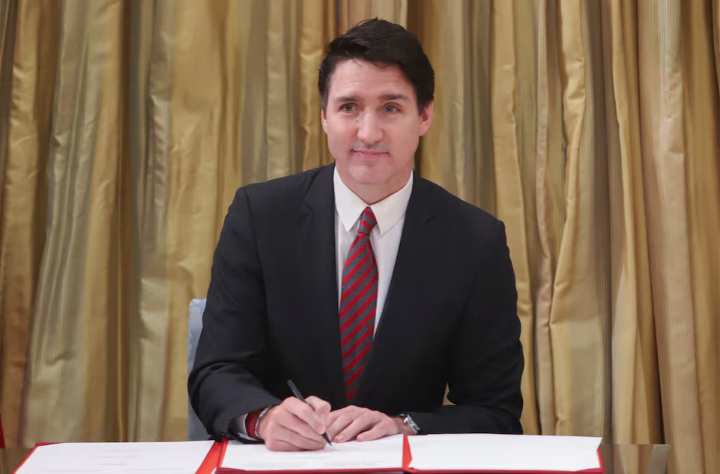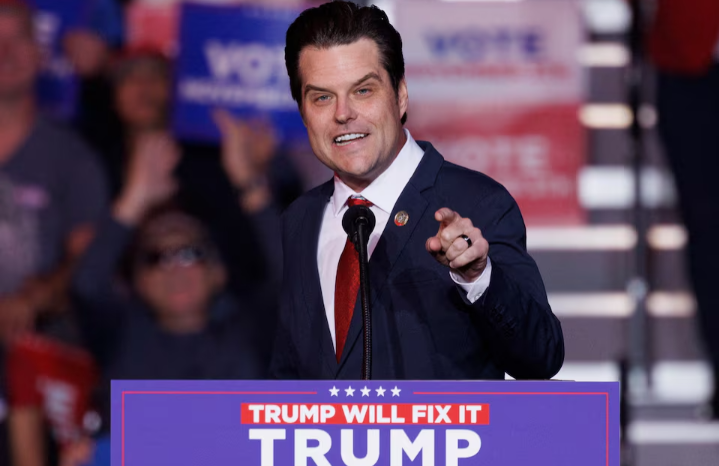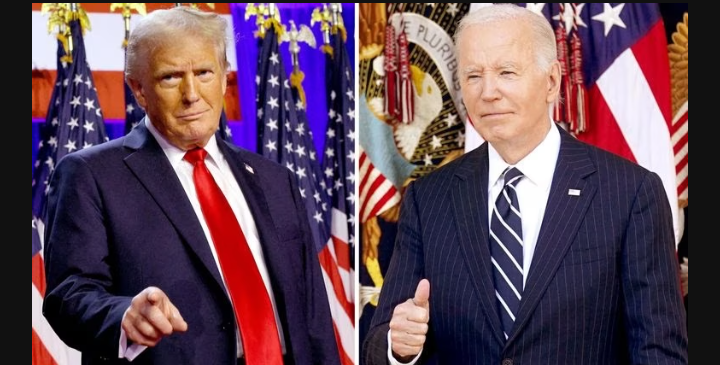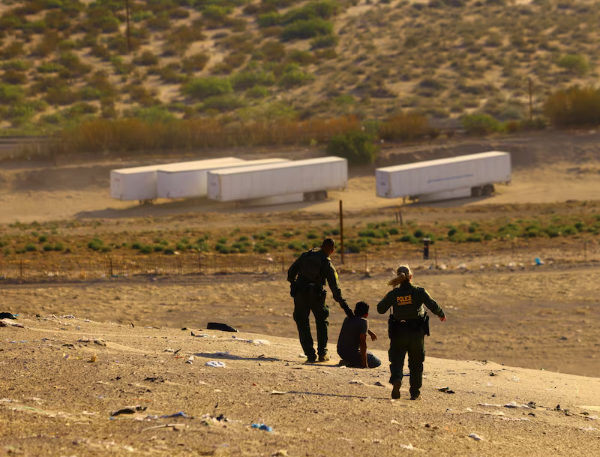Georgia's political scene has been thrown into chaos as Mikheil Kavelashvili, a former professional footballer turned politician, was sworn in as the country's new president. The ceremony took place amid significant public outrage, following allegations of widespread fraud during the parliamentary elections that facilitated his rise to power. Kavelashvili's presidency comes at a pivotal time, with the nation already reeling from the controversial decision to suspend its bid for European Union membership, a move that has sparked mass protests nationwide.
Outgoing President Salome Zourabichvili, a staunch advocate for Georgia's integration with the West, has refused to recognize Kavelashvili's legitimacy. In a defiant address to her supporters, Zourabichvili declared that she was taking "legitimacy, the flag, and the trust of the people" with her as she vacated the presidential palace. Opposition leaders and activists have echoed her sentiments, accusing the ruling Georgian Dream party of orchestrating election fraud to consolidate power.
Kavelashvili, a loyalist to the powerful billionaire and former Prime Minister Bidzina Ivanishvili, has drawn criticism for his alignment with the government’s recent pivot away from Western alliances. During his inaugural address, Kavelashvili emphasized the need for peace and stability, claiming these were essential for Georgia’s progress. However, his words failed to pacify the thousands of protesters outside parliament, many of whom carried red cards in reference to his former career as a footballer.
The situation escalated further when the government abruptly halted EU membership negotiations, a move that contravenes the constitutional aspirations of many Georgians. This decision has triggered weeks of protests, with more than 400 demonstrators, including prominent opposition figures, arrested in clashes with the police. Critics argue that the ruling party is pushing Georgia closer to Russia’s orbit, undermining its democratic institutions and long-standing pro-Western aspirations.
International condemnation has mounted as Georgia’s political turmoil unfolds. The United States recently sanctioned Ivanishvili, accusing him of influencing the country’s trajectory away from Western alliances. As Georgia grapples with questions about the legitimacy of its leadership and the future of its democracy, the nation stands at a crossroads, with its geopolitical alignment and democratic values hanging in the balance.

